Lesson 38 - Particle
It can be hard to understand the particle mo at first, but once you get the concept, it becomes easy. The particle mo is almost like a "super particle"; that is, it can replace any other particle and stand for it's meaning. The only difference it makes though, is that it adds too, also, or as well to the sentence. For example, if someone said they were 17 and you wanted to say you were 17 as well, you would say Watashi mo juunanasai desu. The mo replaced the wa and changed the sentence to "I, too, am 17 years old." Another way to use mo is with the particles o and ni. Say you said Watashi wa hon to zasshi o yomimasuor "I read books and magazines". Now you want to say that you also read the newspaper along with magazines and books. You would say Shinbun mo yomimasu or "I read newspapers also." With ni, say someone told you that they were going to the pool and the park on Monday. They would say Getsuyoobi ni PUURU to kouen ni ikimasu. Then, they forgot that they were also going to a shop. So they continued Mise mo ikimasu or "I am also going to a shop." You can also change the meaning if you use two mo. Say you asked Dare wa neko ga suki desu ka or "Who likes cats?" Someone said in reply TOM san mo BONNI san mo neko ga suki desu. This sentence would translate to "Both Tom and Bonnie like cats". If you use a double mo, it changes it from being "too" to "both". Keep in mind, the previous examples only apply to sentences with positive verbs. If the verb is negative, the meaning changes. For example, if someone says "I am not a new student" or Atarashii seito dewa arimasen, and you respond Watashi mo atarashii seito dewa arimasen, you are now saying "I am not a new student either". When using the double mo, it changes from being "both" to "neither". So if you said Hiroki kun mo Ken kun mo inu ga kirai desu, you are now saying "Neither Hiroki nor Ken like dogs". Let's use a small sample dialogue between our friends Hiroki and Ken.
Hiroki: Konnichi wa, Ken kun. Ogenki desu ka.
Ken: Okage sama de! Kyou wa watashi no tanjoubi desu kara genki desu.
Hiroki: Sou desu ka. Watashi mo!
Ken: Otanjoubi omedetou gozaimasu!
Hiroki: Otanjoubi omedetou gozaimasu. Saa, kyou wa nani o shimasu ka.
Ken: Machi ni ikimasu. Eiga mo ikimasu. Anata wa.
Hiroki: Watashi mo machi ni ikimasu.
Ken: Sou desu ne. Ja mata ne.
Hiroki: Ja mata, Ken kun.
In this conversation, Hiroki says, "Hi Ken, how are you?" Ken replies, "Thanks for asking! Because today is my birthday, I am well." Hiroki replies, "Is that so? Me too!" They exchange a quick "Happy Birthday" before Hiroki inquires "Well, what are you doing today?" Saa is an untterance meaning "well then" or "now". Ken replies he is going to town. He then adds that he is also going to the movies. Hiroki replies he is also going to town. Then they say good-bye. Even though mo is hard, with practice, it'll be easier to understand. A little tidbit for this lesson: the phrase yoku dekimashita means "Well Done!"
Vocabulary Review
も Mo- too/also/as well
さあ Saa- Well then/Now
よくできました Yoku dekimashita- Well done!
